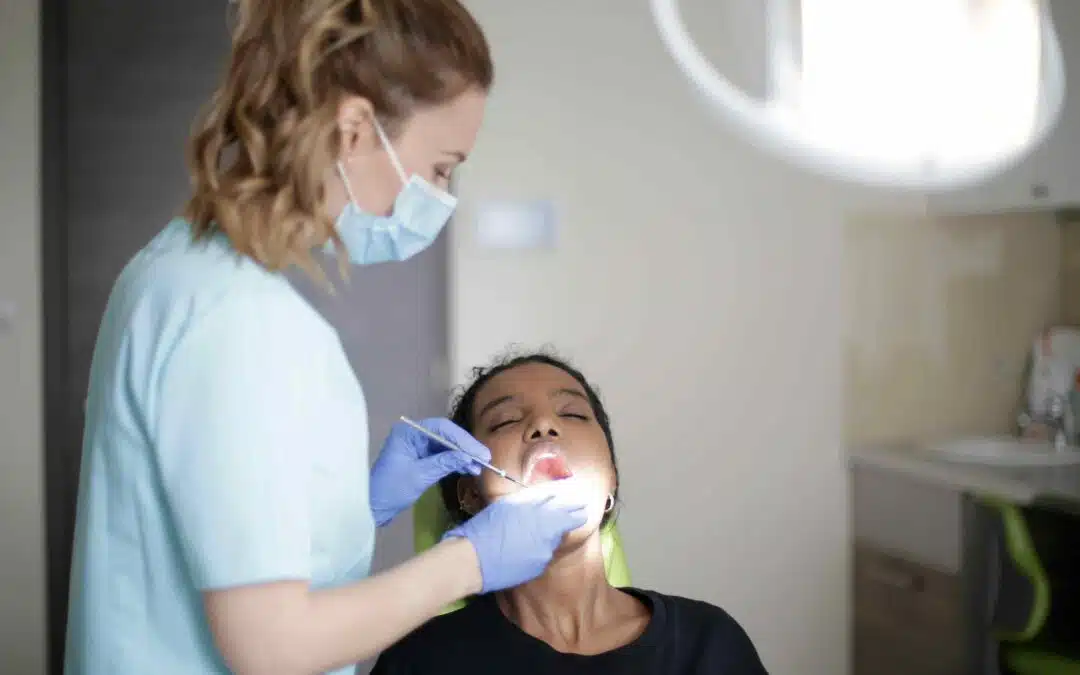Are you a dental practice considering the sale of an NHS contract? We provide a guide on how to sell your NHS dental contract and the various options available.
If you’re in dental practice and have an NHS contract, it is possible to sell and transfer the rights, but it’s not an easy process.
You will need the services of an experienced dental solicitor to choose the best route, and there’s no single answer which will suit everyone.
This overview examines the possibility of selling NHS contracts and the challenges which may be encountered.
GDS vs PDS
Before delving into greater detail about the solutions for selling NHS contracts, it’s first important to ascertain whether your contract is PDS (Personal Dental Services) or GDS (General Dental Services).
PDS contracts are infinitely harder to sell, particularly when associated with an orthodontic practice. The good news is that it’s possible to convert a PDS into a GDS, and the LAT are not permitted to refuse. This only applies if your PDS stipulates that you’ll provide general dental services.
You will need to give the LAT three months’ notice and you’ll keep the same number of UDAs. The only drawback is that they can revalue your UDAs if you’re currently receiving above average (around £24-25). This will have an impact on income so this should be factored in.
Transferring a GDS NHS Contract
Although there have been many sales of NHS practices which hold a GDS contract, simply selling the contract is as difficult as you may fear. This is because the sale of the contract is specifically prohibited in the terms. However, this doesn’t mean a contract can’t be sold; it just requires a less conventional solution.
Rather than selling the contract in the traditional sense, you can transfer it. The terms permit a new partner to be added to the practice, providing the LAT receive 28 days notice. Providing the intended partner is already registered with the GDC, the LAT cannot refuse the amendment.
Once the new partner has been added to the practice, you can retire, effectively transferring the contract. This may sound unorthodox but it’s known as The Partnership and is a method which has been utilised for the past decade for the sale and transfer of NHS contracts.
Incorporated Practices
The Partnership Route only works for dental practices which are not incorporated. Most contracts with incorporated practices include a clause which allows the LAT to retain control over who is a partner. Unlike the other routes, they can refuse permission to a new partner.
Although the LAT can refuse permission, they should not do so without reasonable grounds. Historically, it has been quite rare for permission to be refused so even if you are an incorporated practice, you should still be able to make the transfer.
Contract terms tend to vary very significantly and some will be harder to navigate than others. It’s always worthwhile fostering a good working relationship with the LAT as it will make these types of negotiations much easier.


